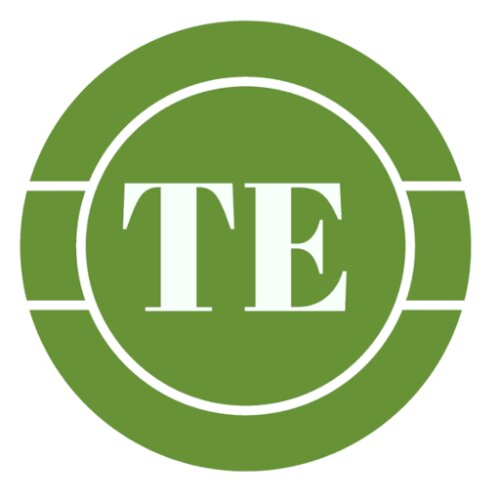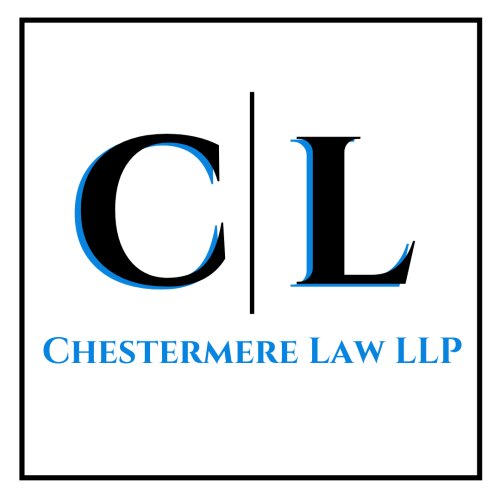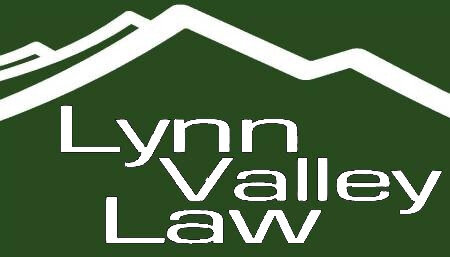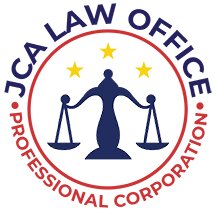Best Probate Lawyers in Canada
Share your needs with us, get contacted by law firms.
Free. Takes 2 min.
Or refine your search by selecting a city:
List of the best lawyers in Canada
About Probate Law in Canada
Probate in Canada is the legal process that validates a deceased person's will, ensuring that the will is genuine and that the executor named can distribute the estate according to the will's instructions. This process involves court intervention, where the court will authorize the executor to manage the deceased's affairs and distribute assets to the beneficiaries. Probate laws in Canada can vary slightly by province, but the core objective remains the same: to provide a legal mechanism for asset distribution after death.
Why You May Need a Lawyer
While some may manage probate without legal help, there are situations where legal advice is beneficial or even necessary:
- If the will is contested or if there are disputes among beneficiaries.
- When the estate involves complex assets such as businesses, real estate in multiple jurisdictions, or foreign assets.
- If there are claims against the estate from creditors or if the estate is insolvent.
- When there are questions about the validity of the will, such as concerns about undue influence or lack of mental capacity of the deceased when the will was made.
- If you are an executor who is unfamiliar with the legal and financial responsibilities involved in administering an estate.
Local Laws Overview
Probate laws in Canada can differ depending on the province or territory, but some key aspects are shared nationwide:
- Most jurisdictions require the executor to apply for a Grant of Probate, which is a formal court approval of the will.
- Intestate succession laws apply if a person dies without a will, dictating how the estate is to be distributed to relatives.
- In many provinces, the executor may need to post a bond, particularly if they live outside the jurisdiction or if the will does not waive this requirement.
- Probate fees, often based on the value of the estate, are levied in most provinces but vary in amount and structure.
- Executors have a fiduciary duty to act in the best interests of the estate and beneficiaries, which includes accurate record-keeping and providing accounts to beneficiaries.
Frequently Asked Questions
What is probate, and why is it necessary?
Probate is the legal process of validating a will and authorizing an executor to distribute the estate according to that will. It's necessary to ensure that the will is legitimate and that assets are fairly and legally distributed.
How long does the probate process take in Canada?
The timeline can vary, but the process generally takes several months to over a year, depending on the complexity of the estate and whether any disputes arise.
Can an executor manage an estate without a will?
When there is no will, an administrator is appointed by the court to manage the estate. The distribution will follow intestacy laws of the province or territory where the deceased resided.
Are probate fees the same across Canada?
No, probate fees vary by province and territory, often calculated as a percentage of the estate's value.
What happens if someone contests the will?
If a will is contested, the matter is resolved through the court system, which may involve mediation or a trial. This can significantly delay the probate process.
Do all assets go through probate?
No, some assets may bypass probate, such as those held in joint tenancy, with named beneficiaries, or in trusts.
Is there a way to avoid probate?
Certain strategies, like creating joint accounts, designating beneficiaries, or setting up trusts, can minimize assets that need probating; however, legal advice should be sought to avoid unintended consequences.
Who inherits if there is no will?
If there's no will, inheritance follows the province's intestacy laws, often prioritizing spouses and children as primary beneficiaries.
Can probate be expedited?
While the courts may expedite probate under special circumstances, such as financial hardship or other urgent needs, it typically requires a compelling reason and court approval.
What if the executor is unwilling or unable to serve?
If the designated executor is unable or unwilling to serve, the court may appoint an alternate executor named in the will or approve another suitable person as administrator.
Additional Resources
Here are some resources that may be helpful for those needing legal advice related to probate:
- The local provincial or territorial Ministry of the Attorney General or equivalent office can provide information on probate procedures.
- The Canadian Bar Association offers resources and can connect individuals with qualified probate lawyers.
- Public legal education and information organizations, such as Legal Aid, provide accessible information on probate and estate planning.
- The province's Supreme Court or Surrogate Court websites often have guides and forms related to the probate process.
Next Steps
If you require legal assistance with probate, consider the following steps:
- Consult a lawyer who specializes in wills and estates to guide you through the specific probate processes of your province or territory.
- Gather all necessary documents related to the deceased's assets, debts, and any existing will to prepare for legal consultations.
- Contact your local bar association for referrals to qualified probate attorneys if you do not already have a lawyer.
- Consider alternative dispute resolution methods, like mediation, if disputes among beneficiaries arise, potentially saving time and legal costs.
- Stay informed about your responsibilities and rights as an executor or beneficiary to ensure compliance with local probate laws.
Lawzana helps you find the best lawyers and law firms in Canada through a curated and pre-screened list of qualified legal professionals. Our platform offers rankings and detailed profiles of attorneys and law firms, allowing you to compare based on practice areas, including Probate, experience, and client feedback.
Each profile includes a description of the firm's areas of practice, client reviews, team members and partners, year of establishment, spoken languages, office locations, contact information, social media presence, and any published articles or resources. Most firms on our platform speak English and are experienced in both local and international legal matters.
Get a quote from top-rated law firms in Canada — quickly, securely, and without unnecessary hassle.
Disclaimer:
The information provided on this page is for general informational purposes only and does not constitute legal advice. While we strive to ensure the accuracy and relevance of the content, legal information may change over time, and interpretations of the law can vary. You should always consult with a qualified legal professional for advice specific to your situation.
We disclaim all liability for actions taken or not taken based on the content of this page. If you believe any information is incorrect or outdated, please contact us, and we will review and update it where appropriate.
Browse probate law firms by city in Canada
Refine your search by selecting a city.















